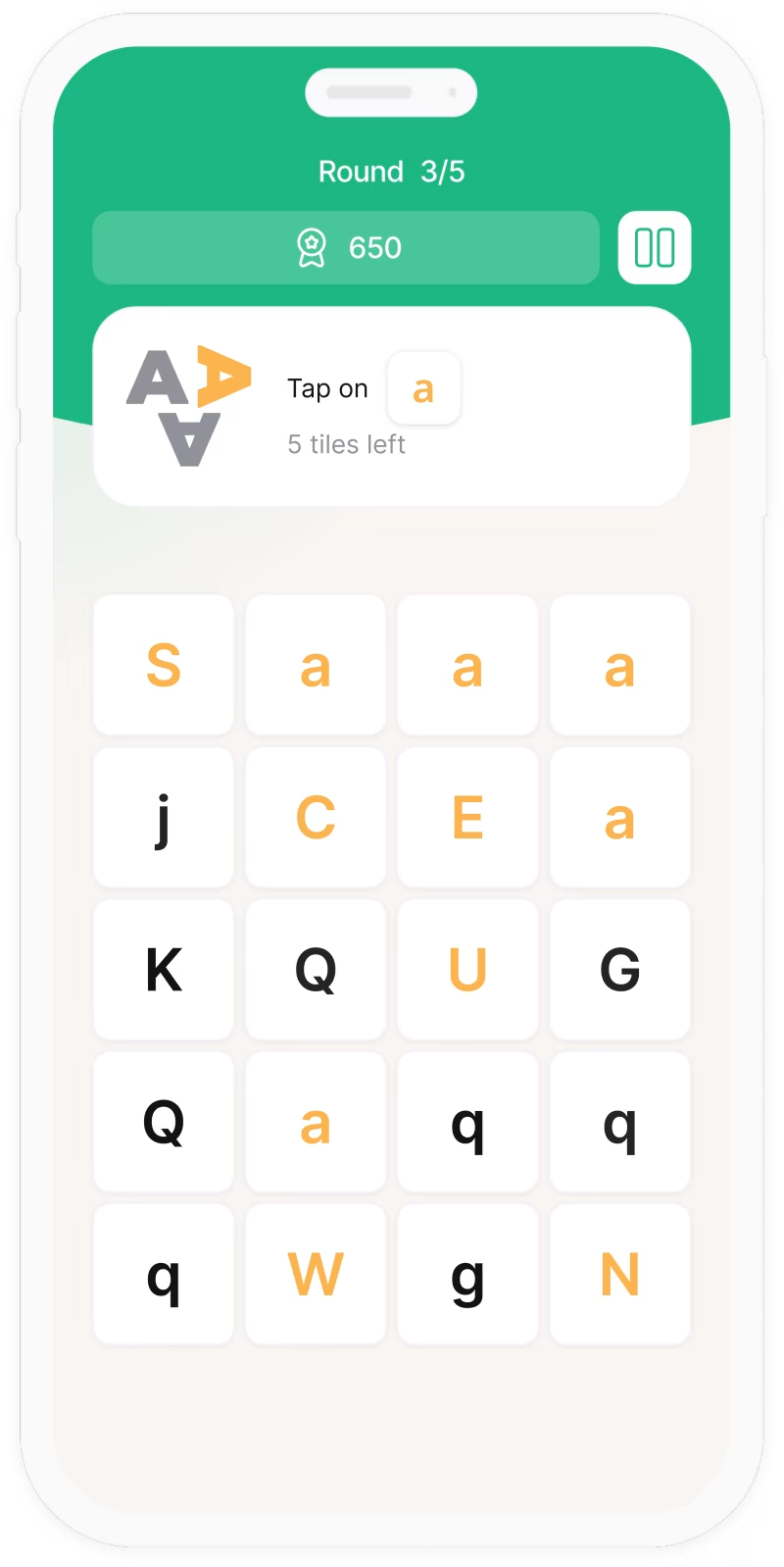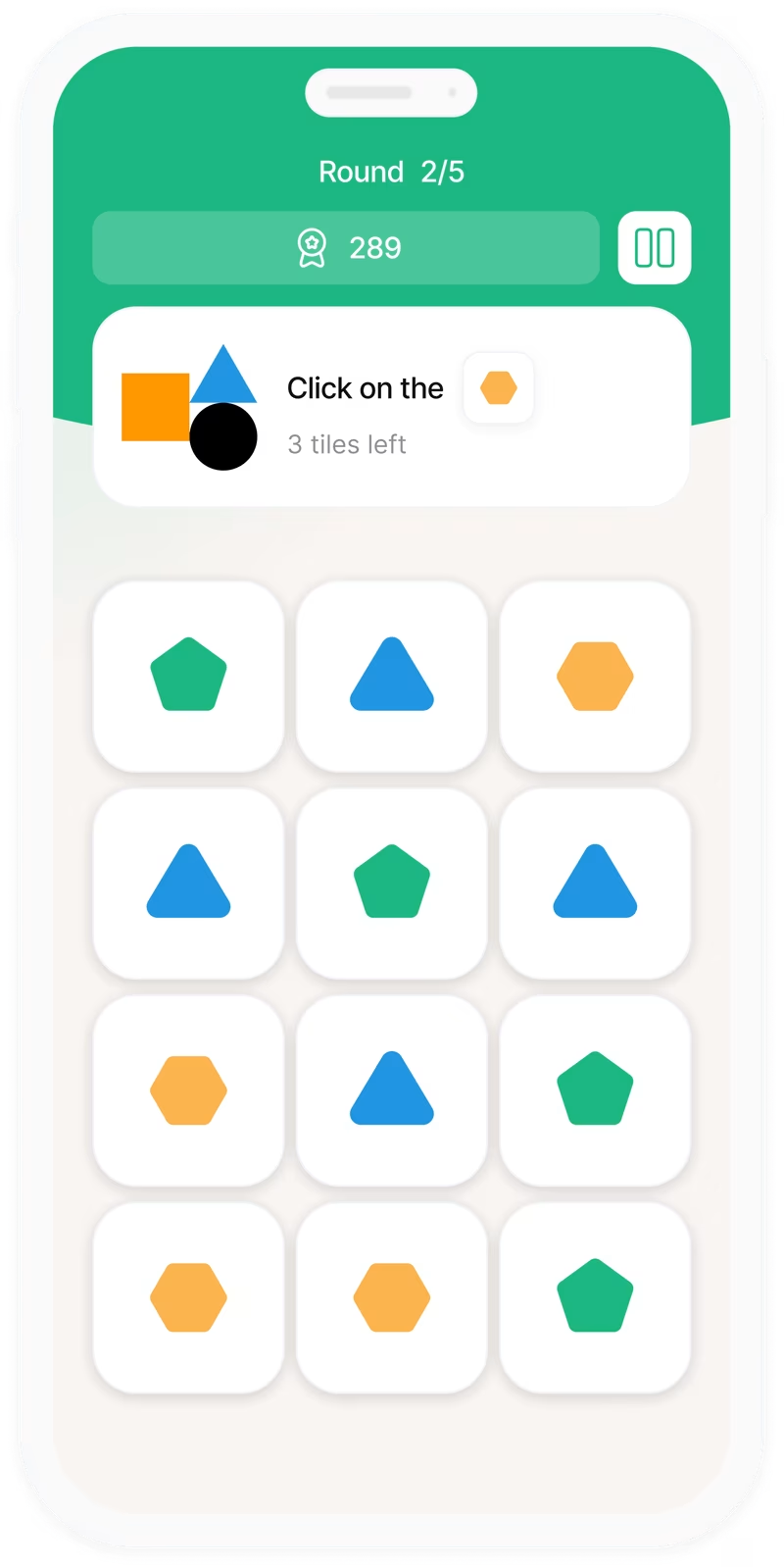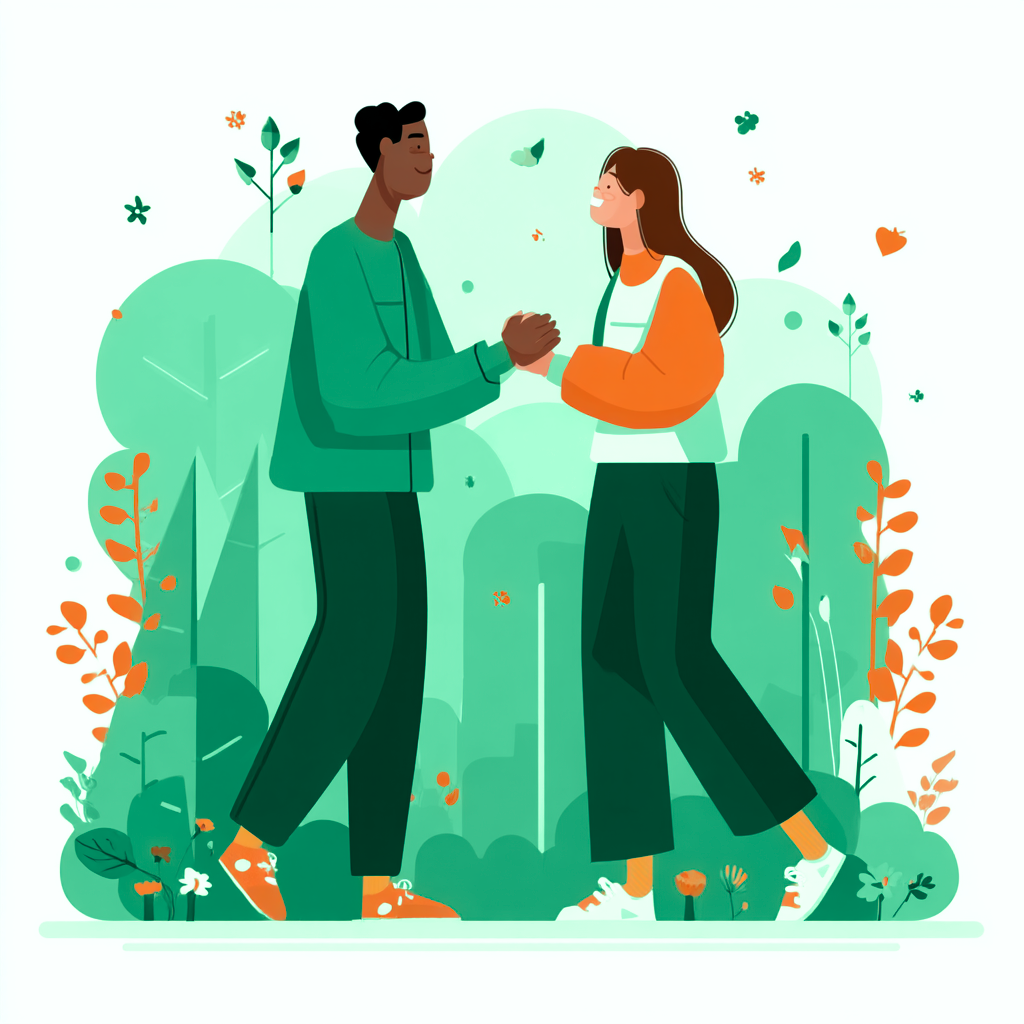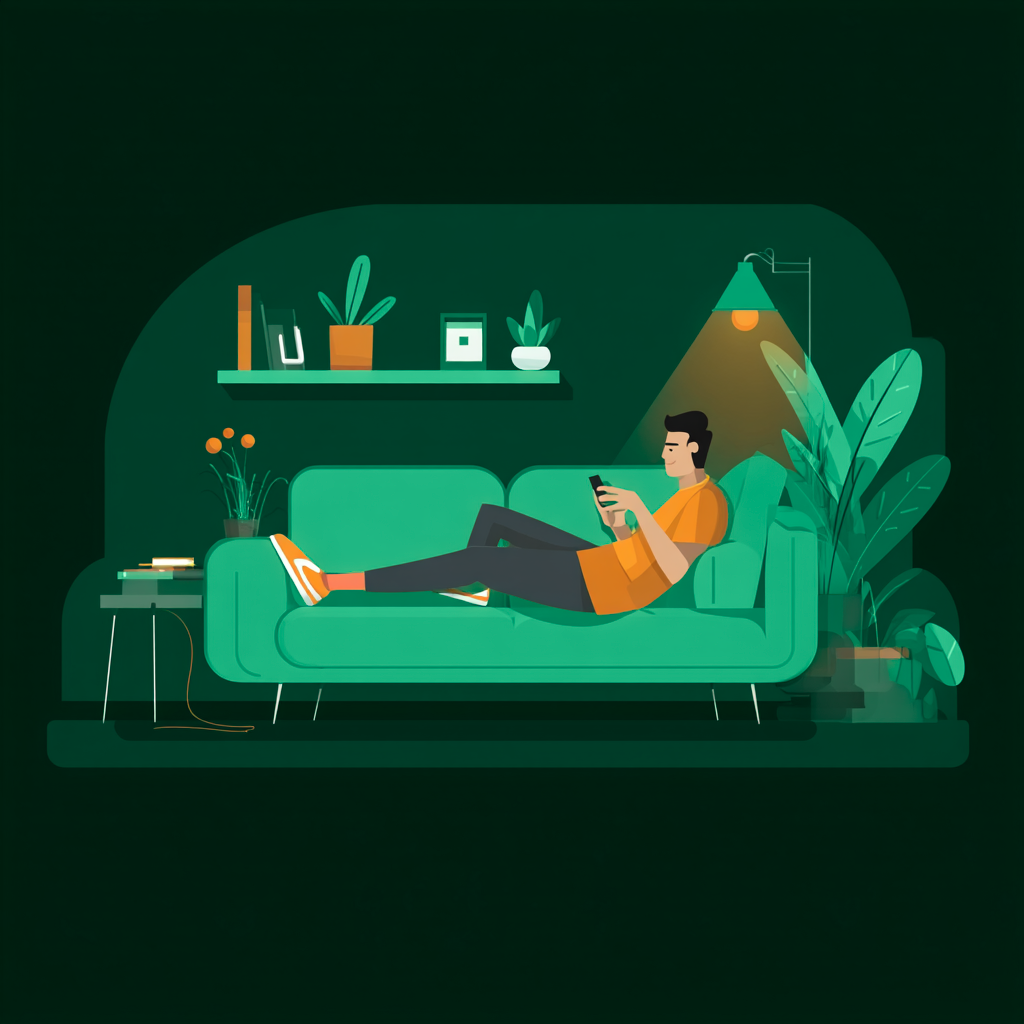When thinking about ADHD, some of the common challenges that come to mind (inattention, lack of focus, restlessness, etc.) are often considered in the context of how they affect academic or work-related performance. At times, it seems as if ADHD only impacts how productive you can be, but the reality is that ADHD has the power to affect multiple areas of life, including how you bond with others and your ability to build meaningful relationships.
Social interaction can be exhausting for individuals with ADHD: masking symptoms, avoiding stigma, and on top of that, trying to build meaningful and long-lasting relationships.
Individuals with ADHD often report lower levels of satisfaction in their relationships (both friendships and romantic ones) [1]. And when you think about it, it makes sense, right? So many relationships are based on remembering important dates and events, active listening and assertive communication. These can be challenging tasks for many people (even those with neurotypical brains) but they can be especially difficult for someone with ADHD symptoms, who often struggle with memory, concentration, delayed gratification, and emotional regulation.
Now, difficult doesn't mean impossible. Let's first try to understand the challenges that are specific to ADHD-wired brains when relating to others:
Adults with ADHD often experience stigma related to their condition, which is commonly linked to ableism (prejudice against disabilities) and some stereotypes related to ADHD. Evidence shows that adults with ADHD tend to perceive social stigma regarding their symptoms or the validity of their diagnosis as a mental disorder and therefore sometimes choose not to disclose it [1] [2] [3].
These doubts and fears about being open with the ADHD diagnosis can deeply influence how individuals navigate social relationships, leading to feelings of isolation, fears, and anxiety about being misunderstood. There are also efforts to mask symptoms to avoid judgment, making building authentic and trusting connections one of the biggest challenges of ADHD.
Individuals with ADHD often struggle to regulate their emotional responses. This includes experiencing emotional impulsivity, irritability, impatience, difficulty tolerating frustration, and getting angry easily. All of these can be a major challenge when communicating or resolving conflicts with partners or friends. Research shows that ADHD symptoms are associated with difficulties in conflict resolution and, in some cases, even with higher risks of dating violence [4].
How emotional regulation difficulties might show up in friendships or romantic relationships:
Unfortunately, many ADHD-related symptoms can become a source of conflict in relationships. For example, difficulties with general household tasks, staying organized, managing time (like picking up the kids or being on time for a date), saying things impulsively, or forgetting what was said can all be perceived as disruptive and create tension between partners, making them more likely to experience extramarital affairs, divorce, separation and/or remarriage [4].
It can be easy for individuals with ADHD to feel discouraged as a result of their challenges and the social difficulties that often come with them. But, as with many things, there's also a strength side to it!
In social contexts, people with ADHD are often seen as fun, spontaneous, and full of energy. Their divergent thinking can be a real asset in creative environments, bringing fresh perspectives and innovative ideas. Plus, their ability to hyperfocus can sometimes help them notice details that others might overlook [5].
As you can see, navigating relations with ADHD can be a challenge, but thankfully there are things you can do to make it easier: using tools like reminders or shared calendars can help manage communication and daily responsibilities. Additionally, seeking guidance from friends, mentors, or a professional can help you build and implement personalized strategies to improve the quality of your relationships.
Whether you're here to focus better, calm your mind, or just feel a little more in control, we’re here to support you. One game at a time.





